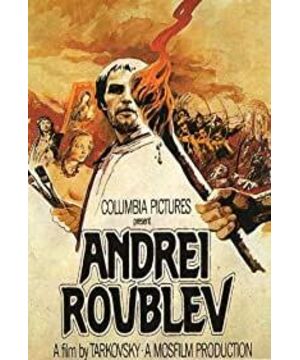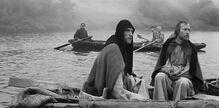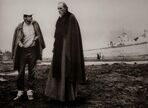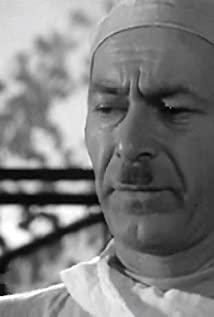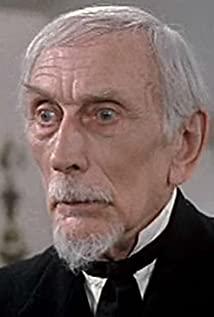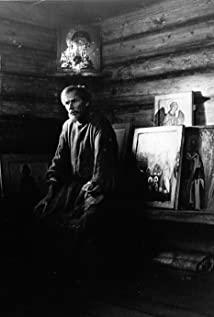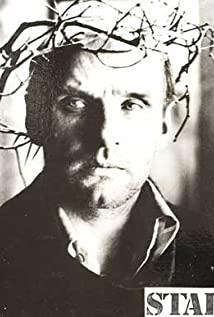watchingAndrei Tarkovsky's films are best to watch on a cold night after a small glass of red wine. Before watching, it is best to have walked alone in the cold wind for 20 minutes, blowing all the tense nerves of the day into a lake floating in the clouds, the body is in a cool state, and the mind is in a cool state. But it is as refreshing as the algae floating in the water. Three hours of Andrei Rublev's epic masterpieces like this must be enjoyed in the first three rows of the big screen. Tarkovsky's poetic narrative is often filled with beautiful eccentrics in suffering, who are portrayed as eccentric and kind, and terribly lonely. Stubborn and devout like religious belief, struggling to move forward in the traps set up by themselves, looking for a way out, this echoes everywhere in Andrei's memory of the Russian nation's suffering full of personal memories. Whether it is the childhood wooden house where my mother lived during the war years in "Mirror", the walls covered with water stains, the neighbors of the wooden house that were devoured by the fire watching from a distance and indifferent, or the "Nostalgia" who insisted on holding a small candle in the cold from afar. The poet who walks from one side to the other from the dry hot springs of the old city, fails and tries again and again and finally falls down, or the mad musician who dances and sings drums in the cowshed in "Andrei Lubuf", because he knows the world religion. The turbid painters who refuse to paint icons, the bell-casting boys who lie and cunning but only take revenge on their fathers psychologically, they are all like a natural mirror image that recurs scene after scene, the lost herd of horses by the foggy lake, the war is raging The big white geese that suddenly fell from the sky during the blade fight, and the long, gloomy and sultry downpour were all filled with a sense of ritual like stepping on a flint in the midst of suffering. Russia, as a nation that has been torn apart and reorganized by various foreign cultural influences, is vividly displayed under Tarkovsky's solemn and pathetic lens. In the dream-like sound of water droplets, I don't think everyone's perception of memory. It's all like that. ica and close-up held a low-key retrospective screening of Tarkovsky one after another, and at the same time, bfi was about to hold a large retrospective month for Bergman. There are echoes in the history of cinema - "I stand at the door, leading to a world I want to enter for a long time, and he has a key in his hand, and he has already walked freely in it. It is very easy."
View more about Andrei Rublev reviews


